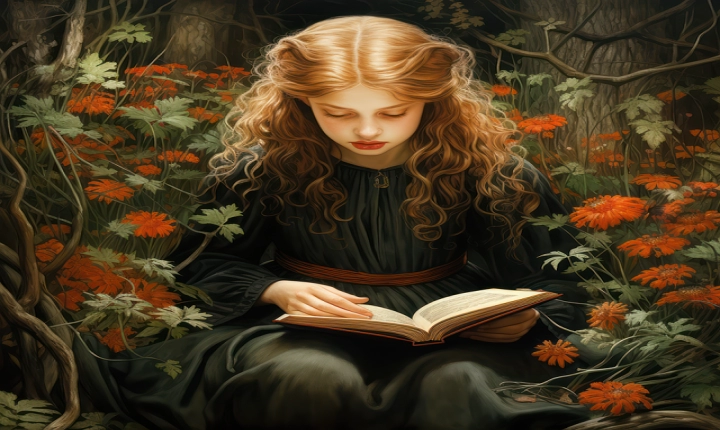Title: Can AI Replace Actors? The Future of Entertainment
The advancement of artificial intelligence has raised questions about the future role of humans in various industries, including entertainment. With the development of sophisticated AI technology, there is growing speculation about whether AI systems could replace actors in films, television, and other performing arts. While some believe that AI has the potential to revolutionize the entertainment industry, others argue that human actors bring a unique and irreplaceable element to their craft.
AI has already been used to create virtual characters and perform basic acting tasks. For example, AI algorithms have been trained to mimic human emotions, expressions, and speech patterns to create lifelike characters in video games and virtual reality experiences. Additionally, AI systems have been used to generate digital avatars and deepfake technology has been employed to manipulate and replace actors’ faces in films. These advancements have sparked discussions about the possibility of AI taking over roles traditionally performed by human actors.
Advocates for AI in entertainment argue that AI systems could bring a new level of versatility and creativity to storytelling. With AI-generated characters, filmmakers and content creators could potentially explore narratives and characters that surpass the limitations of human performance. AI could also provide cost-effective solutions for productions, as virtual actors would not be subject to the same demands and limitations as human performers.
Furthermore, AI could expand the diversity of characters and representations in entertainment, offering opportunities for inclusivity and representation that may be challenging to achieve with human actors alone. AI-generated characters could transcend physical, cultural, and social boundaries, potentially broadening the scope of storytelling and representation in the entertainment industry.
On the other hand, critics argue that human actors possess an innate ability to convey complex emotions, subtle nuances, and authentic connections that are deeply rooted in the human experience. The ability to empathize with characters and form emotional connections with performers is a fundamental aspect of storytelling that may be difficult to replicate with AI-generated characters.
Human actors bring a unique range of perspectives, experiences, and personalities to their roles, contributing to the richness and authenticity of storytelling. Additionally, the craft of acting involves a deep understanding of human behavior and emotional depth, which may be challenging to replicate authentically with AI.
Moreover, the idea of replacing human actors with AI raises ethical and logistical concerns. The displacement of human talent by AI systems could have profound implications for the job market and the livelihood of performers. Additionally, questions of ownership, intellectual property, and creative control arise when considering the use of AI-generated characters in productions.
While the integration of AI in entertainment is inevitable, the future of AI’s role in acting remains uncertain. It is possible that AI will complement and enhance the work of human actors rather than replace them entirely. As technology continues to evolve, the entertainment industry may find ways to leverage AI to expand creative possibilities while preserving the essential contributions of human performers.
Ultimately, the question of whether AI can replace actors in entertainment is complex and multifaceted. The integration of AI in the performing arts raises compelling questions about the nature of storytelling, creativity, and human expression. As the industry continues to grapple with these questions, it is clear that the role of human actors in entertainment is deeply rooted in the human experience and is unlikely to be entirely replaced by AI. The future of entertainment may involve a delicate balance between human artistry and technological innovation, creating new opportunities for creativity and expression in the digital age.
